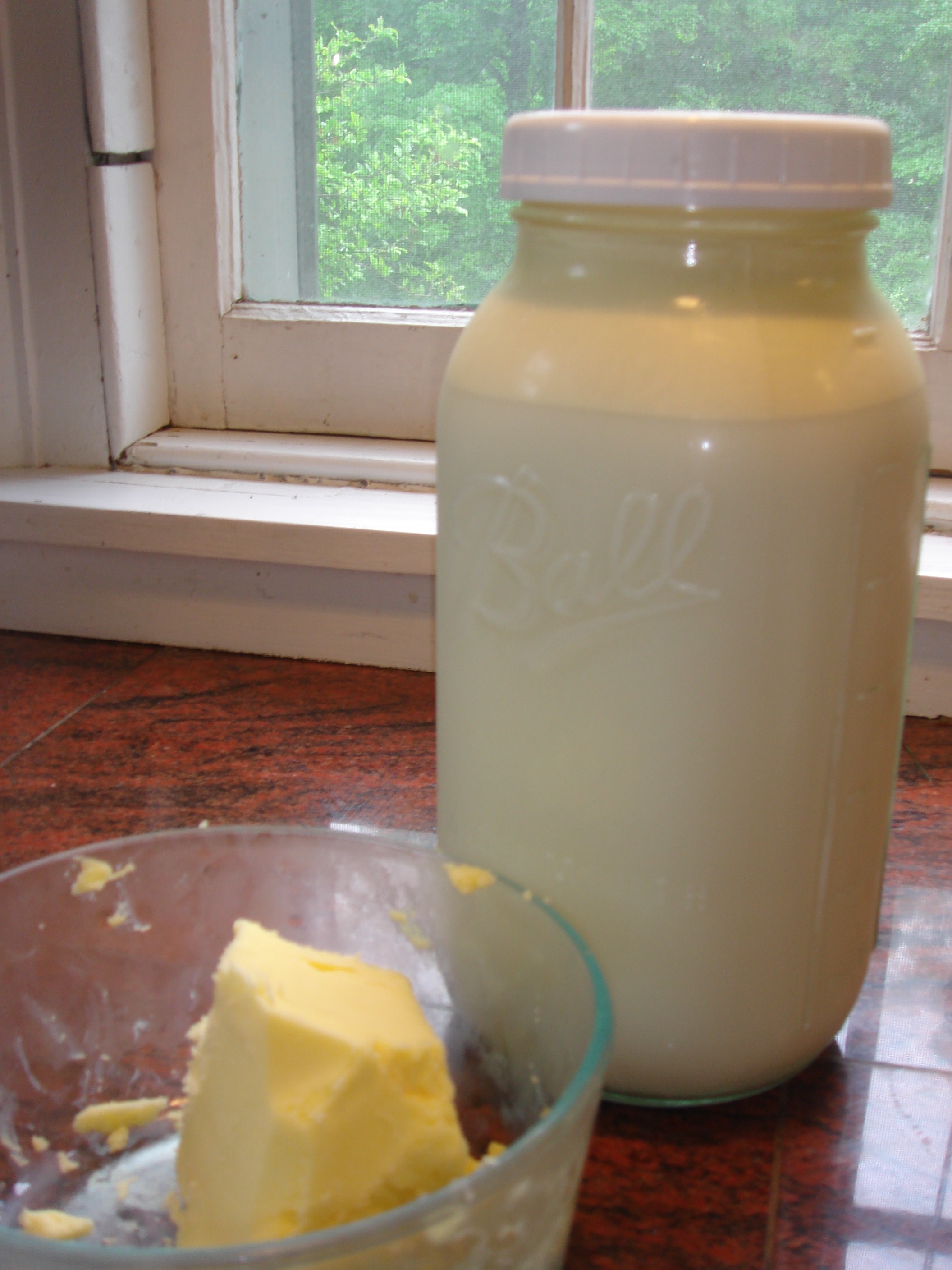I just finished reading Emily Matchar's book Homeward Boundon the New Domesticity movement. The book is about women (and some men) embracing home & hearth in a new cultural twist, about being tired of corporate pressure and the lack of the government's and the corporate world's response to women's (and men's) family needs here in this country, while European countries are introducing more and more of it (more guaranteed daycare spots, more maternity and paternity leave, more vacation time). This movement also comprises the so called "preppers," who believe in taking things into their own hands in light of a perceived potential armageddon that the government is not prepared to manage, and become as self-sufficient as possible. Some of that self-sufficiency drive is shining through in homesteaders who only trust the safety of their own vegetables, the quality of their own childcare and school instruction, etc. (note that this lone-man-on-the-frontier and homesteading syndrome seems specific to this country because of its pioneering history).
In nature everything is intricately interconnected in the famous web Chief Seattle (supposedly) spoke about ("whatever you do the web you do to yourself"). When you remove elements of a system (eco or social), like removing a card from the middle of a house of cards, the system starts to crumble.
Since we are part of nature we also exist within an intricate web of relationships and associations. By the way, the more meaningful our relationships, the richer our lives. People with a large social network and strong relationships live longer. When we opt out of the web some part of the web crumbles and weakens, and what we are able to accomplish diminishes. Matchar makes this crucial point. When people become so self-centered, as in if-public-education-crumbles-I'll-just-pay-for-private-school, or if-the-general-food-supply-is-unsafe-I'll-just-grow-my-own, or if-corporations-don't-give-a-damn-about family-life-I'll -just-quit, then we have a problem. Then the country no longer pushes towards a common agenda that benefits all. You may call me a socialist, but what is bad about jointly rooting for the highest good of all (as opposed to my own highest good)? What is bad about making education accessible for all and increasing the level of intelligence and critical thinking of the entire population? What is bad about pressuring the government to put proper food safety measures (including those against GMOs) in place? It benefits all of us in the end. We need to remain within the web and help to improve the entire web instead of jumping ship and going it alone.
"Ask not what this country can do for you, but what you can do for your country," as one famous president said not so long ago. Please also take a look at a previous post on the people factor.









